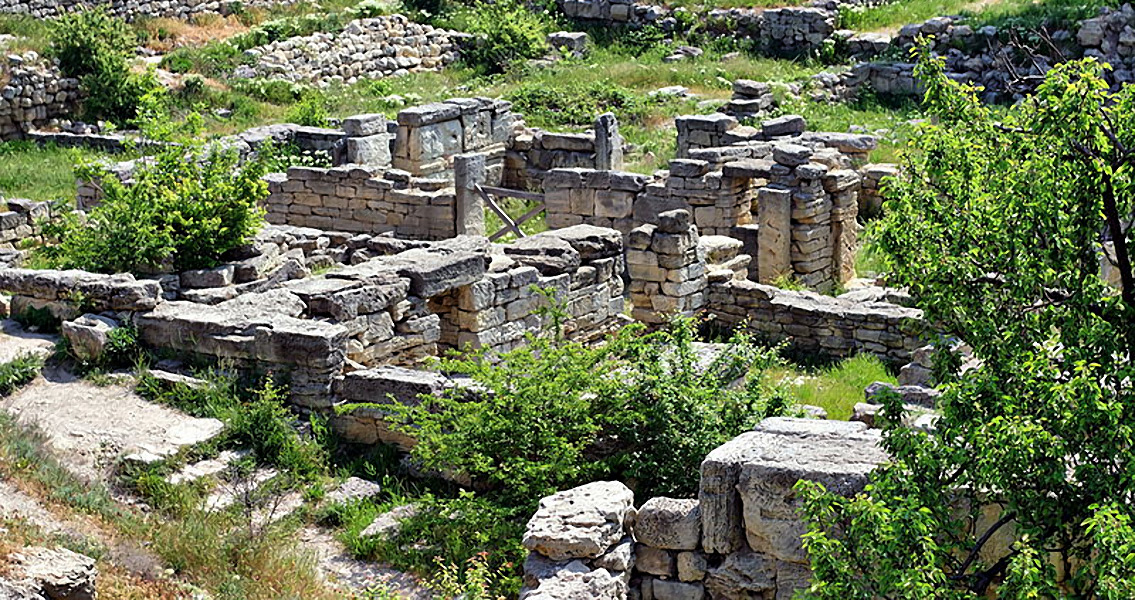<![CDATA[In a surprise move last weekend, Russian president Vladimir Putin issued a decree declaring Crimea’s ancient Greek city of Chersonesus a national heritage site. According to the Telegraph’s Roland Oliphant, the move comes amid a conflict between Orthodox church supporters and archaeologists following the appointment of a clergyman as manager of a large area of historical significance in Crimea, including the ancient city. The site has a special place in both Russian and Ukrainian history. Chersonesus was set up as a Greek colony on the Crimean Peninsula 2,500 years ago and in 988 it became the place where prince Vladimir the Great accepted the Christian faith. Vladimir the Great is revered as the person who brought Christianity to Kievan Rus, the state that later became what are today Russia, Ukraine, and Belarus. Chersonesus has been the site of archaeological excavations for two centuries, Oliphant notes, and now scientists and employees of the national reserve that the ancient city is located in are worried that giving responsibility for its management to the clergy may lead to destruction of some of the ruins. Father Sergey Khalyuta was appointed director of the site by Sevastopol governor Sergey Menyalo on the basis that Chersonesus should not just be a tourist attraction, but “a place of pilgrimage”, Oliphant reports. Khalyuta is the archpriest of the Sevastopol diocese. According to staff working in the Chersonesus-Tavricheskiy national park, the church will harm the UNESCO world heritage site as part of its ambitions to transform the park into a magnet for pilgrims modeled on Mount Athos. Mount Athos is a group of monasteries, an autonomous monastic state as it is called, which is one of the greatest pilgrimage sites for Orthodox Christians. The fears of the national park employees seem to be shared by several notable scientists, including the director of the Hermitage in St. Petersburg, who told media that the appointment of Khalyuta is “a provocation fraught with serious social tension”. Apparently, Putin was prompted to act when governor Menyalo approved digging works on the territory of the national park as part of preparations for the religious celebrations marking a thousand years since the death of Vladimir the Great. Russian newspaper Kommersant notes that any excavation works on a UNESCO world heritage site must be coordinated with UNESCO’s World Heritage centre. What’s more, the situation is fraught with the possibility of an international scandal, since, says Kommersant, from UNESCO’s perspective Chersonesus is a Ukrainian heritage site and Kiev’s Ministry of Culture is now insisting that the site must be included in UNESCO’s list of world heritage sites under threat. All this led to the Kremlin issuing a decree on Saturday which put the whole Chersonesus-Tavrichesky national park under federal management, entering it into the list of cultural heritage sites with special significance in the Russian Federation. Sevastopol’s governor should relinquish control over the site to the federal government on 1st September, according to the decree. Image courtesy of Wikimedia Commons user: Alexxx1979 ]]>
Kremlin Declares Chersonesus National Heritage Site
